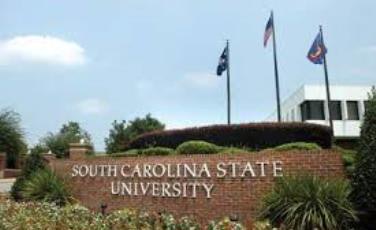
In extending South Carolina State’s (SCSU) probation for a second year, the commission did imply the institution was making progress over the last year. It cited fewer shortcomings (four versus nine) than it did this month a year ago when it first placed the institution at the edge of losing accreditation. Gone were concerns about governance, despite another churn in presidents and board members. There were no shortcomings cited regarding its academic programs and instructions.
Still, the Atlanta-based peer rating group stood by its assertions that SCSU, the only state controlled historically Black college in South Carolina, falls far short of financial standards in a variety of ways. It said SCSU still fails to meet industry standards regarding its financial resources, financial stability, control of finances and control of sponsored research. SACS also cited concerns the university fell short of demonstrating acceptable standards of managing its federal Title IV programs.
The actions against South Carolina State came as no surprise to those who have watched a more than 10-year-old drama take twists and turns after twist, including the departure of four presidents in a decade, the churn of two complete boards of trustees and, in the past five years, a loss of nearly half its enrollment which a decade ago reached 5,000 students.
Interim SCSU President W. Franklin Evans, appointed to his first top college administration post in February, said the added year of probation may initially strike some as bad for the beleaguered institution. He feels encouraged by it, he insisted in a telephone interview Thursday after the SACSCOC decision.
“I see this whole decision as promising,” said Evans, explaining it gives his institution more time to demonstrate the reforms he is championing are steps in the right direction. “I don’t believe I can do this alone,” he said, noting it will take focused support from lawmakers (who allocate base budget funds each year for state-controlled institutions), alumni, staff and vendors.
“It has to be a collective effort,” Evans said.




















